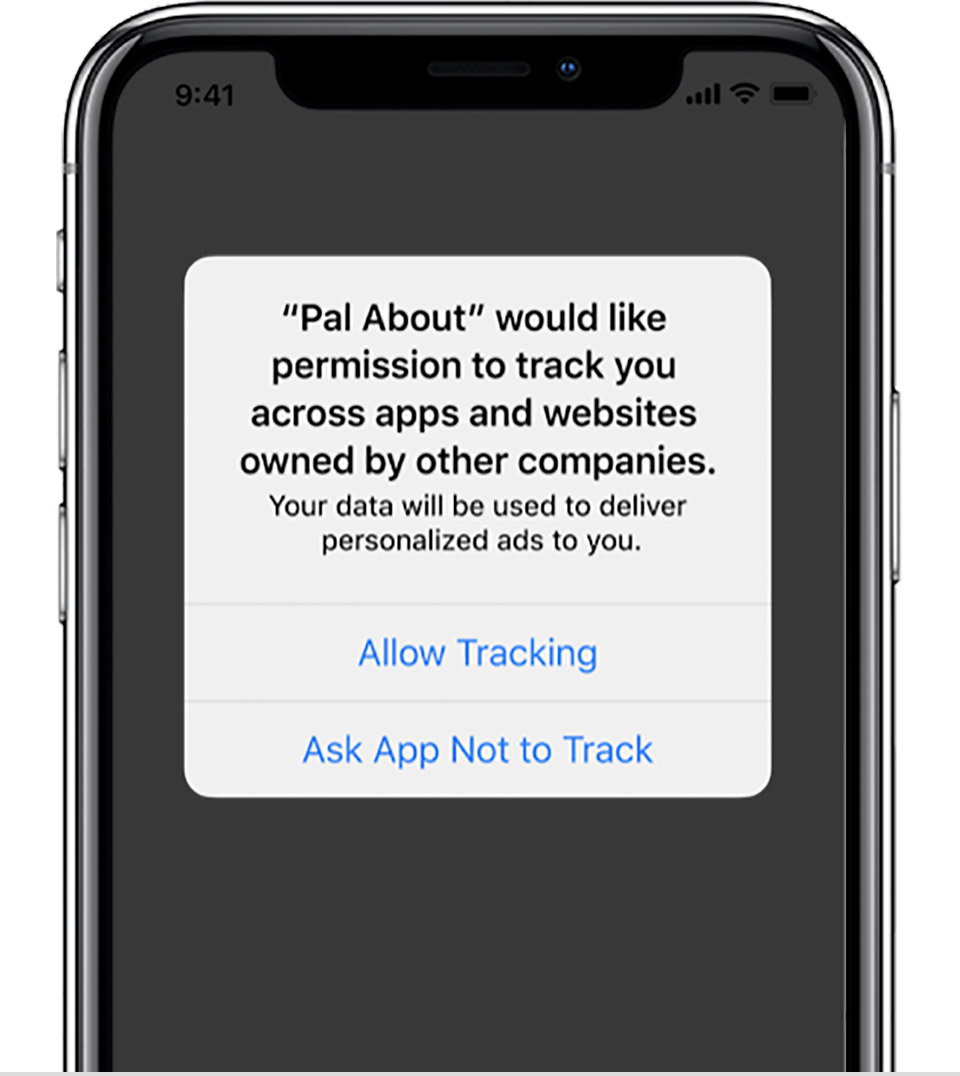Industry gets added breathing room to adapt, prepare, and learn.

Apple’s September 3rd announcement is sure to provide a much-needed sigh of relief for the digital advertising industry which has been reeling since announcements at the Worldwide Developers Conference (WWDC) in June. While the final release schedule for iOS 14 itself is still up in the air, app developers will have more time to curate details for their new privacy information section on their App Store product pages and prepare for the implications of the AppTrackingTransparency (ATT) framework.
More specifically, developers will be able to submit their updated privacy information via App Store Connect by the end of October, with rollout of the feature to the end-user by end of 2020. For the ATT framework, developers will not be required to obtain permission for tracking until early 2021.

This is a gift. Make the most of it
At Kochava, we won’t be slowing down our efforts to equip our advertiser customers and partners for iOS 14. This added window of time is a gift and we intend to make the most of it with additional features that were not already planned pre-iOS 14 and new products and tools that serve the larger ecosystem given the changes. Our recommendation to others is to also make the most of the extended timeline.
A sneak preview into the post-ATT-enforcement world
While it sounds like the ATT framework’s enforcement will now be delayed, the optionality may point to Apple seeking to strike a balance between minimizing disruption to the industry and providing developers with a testing environment that allows for preparation ahead of their planned enforcement.
Suppose that for a window of time (+/- 3 months), the IDFA will continue to be available (assuming the ATT framework was not initially included). This would give developers an opportunity to test opt-in rates outside the framework and prior to full enforcement. This overlap period could offer a moment wherein measurement data from deterministic SKAdNetwork attribution can be compared to deterministic attribution as provided by mobile measurement providers (MMPs). Such a comparison would offer a wealth of insights on what the market can expect after ATT is enforced.
Opportunities for advertisers
What is certain is that the identifier for advertisers (IDFA) will remain available into early 2021. Advertisers should take this moment to:
- Scale your iOS campaign spend in Q4 to maximize growth pre-IDFA drop-off.
- Run tests now against devices with Limit Ad Tracking (LAT) enabled vs. those audiences without to understand performance gaps.
- Run your first SKAdNetwork campaigns to compare outcomes against deterministic Kochava attribution data and build control models for future SKAdNetwork spend.
Still on the fence? Time to jump off
If you’re holding on with bated breath, straddling the fence and waiting to see which side to jump down on—it’s time to jump off now. Make an appointment with Kochava to unpack what iOS 14 means for you and how we can help.
- Kochava is ready to provide best-in-class configurability for your attribution, pre- and post-ATT enforcement.
- Kochava will be ready to help you maximize performance insights from your SKAdNetwork campaigns, handling the heavy lifting on your behalf. Synthesize your SKAdNetwork attribution signal alongside your omni-channel attribution signal within one platform via Kochava.
- Make the most of App Clips with Kochava SmartLinksTM and enhanced deep linking
- and much more.
Contact us today.
Want to stay up to date on the latest iOS 14 news? Subscribe for updates or visit our iOS 14 Resource Center.




